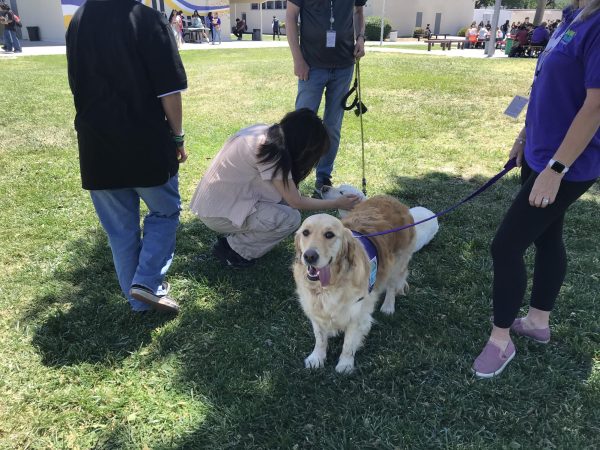Ramadan for Muslim communities around the globe: How does our local community celebrate?
Muslims celebrating Ramadan do not eat or drink anything – including water – until they break their fast after sunset for the evening meal, called iftar or fitoor.
As the sun sets over the skyline, the call to prayer echoes through the city. The aroma of delectable dishes fills the air as families gather for their evening meal. It’s that time of year again – Ramadan has arrived, bringing with it a month-long period of fasting, prayer, and reflection for millions of Muslims around the world.
“Ramadan begins when the first crescent moon on the last day of the eighth month of the Islamic calendar, Shaban is spotted. During the time of Prophet Muhammad (PBUH), about 1400 years ago, the Qu’ran was revealed during this holy month to him,” said Tabasum Nawabi (‘23).
Ramadan has been celebrated for centuries, with its historical lineage dating back to 610 A.D. It is a celebration where the faithful fully immerse themselves in spiritual growth by celebrating their beliefs, customs, and long-lasting traditions. From dawn to dusk, Muslims abstain from food and drink, dedicating themselves to prayer and reflection in this sacred time of year.
“Ramadan is the holy month for Muslims. It is the month where our religion was completed. All the verses of the Qu’ran were completed in the month of Ramadan. That’s why we celebrate it. [At the end of Ramadan], we celebrate Eid,” said Marketing and Business Ownership teacher Marjan Akrami.
The Qu’ran, the holy book of the Islamic faith, houses many verses to guide Muslims around the world. Many passages include why Muslims celebrate Ramadan and the importance of the cultural traditions that encapsulate the holy month.
“In the Qu’ran, it is mentioned that “O believers! Fasting is prescribed for you-as it was for those before you.” Also in Surah Al-Baqarah, the second and longest chapter in the Qu’ran it states that the month of Ramadan is the month which the Qu’ran was sent down as a guide for Muslims, and that they should spend that holy month fasting,” said Nawabi.
Being in the top 10 holidays celebrated around the world, Ramadan is celebrated by billions of people in every corner of the globe. Some history classes offered at Amador teach students about the religious and historical significance of Ramadan and how Muslims around the world celebrate it. This way, more people are aware and respectful of the holiday.
“I am not too familiar with Ramadan, as I don’t celebrate it. But, from history class, I have heard that during the month of Ramadan, some people try to make a visit to Mecca to pay homage to their beliefs,” said Aaron Sharma (‘25)
In comparison to life in the Middle East, people who celebrate Ramadan in America face many challenges. Some of which include not having easy access to religious facilities (mosques), not being able to partake in festive community gatherings, and not being able to engage in other forms of celebration.
“In Dubai, Ramadan is a national holiday, so they are more sensitive to everything everyone goes through during that month. For example, they reduce the hours for everyone who works, no matter where anyone works. At the end of the day, we are able to pray more and go to mosques for the late evening prayer,” said Akrami.
All in all, Ramadan is a time of intense devotion and deep connection to one’s faith, where family gatherings, community outreach, and joyous celebrations of culture invigorate the spiritual essence of Islam and the world.
“[Ramadan] is all about focusing on my religion and bettering myself,” said Akrami.
Your donation will support the student journalists in the AVJournalism program. Your contribution will allow us to purchase equipment and cover our annual website hosting costs.

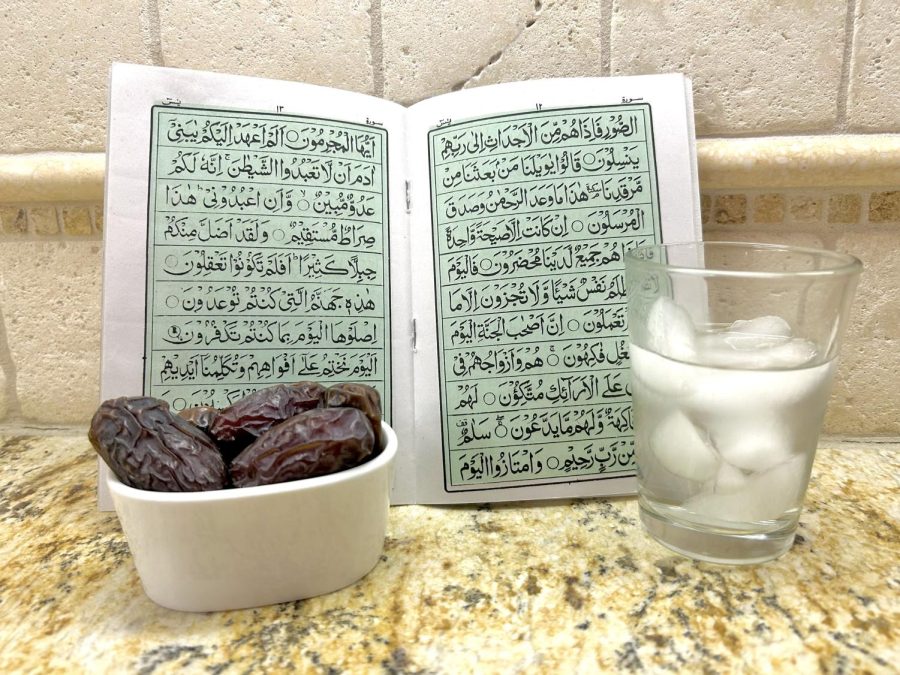

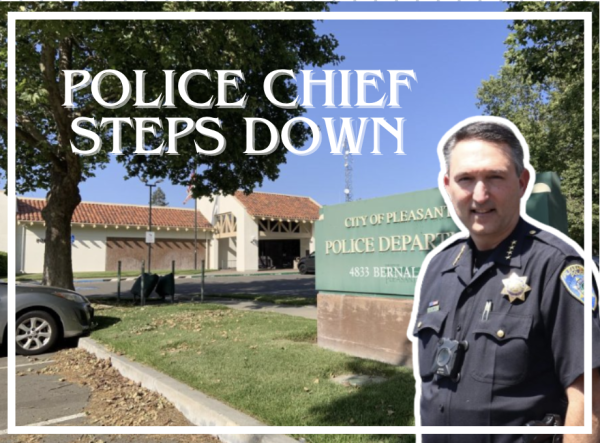
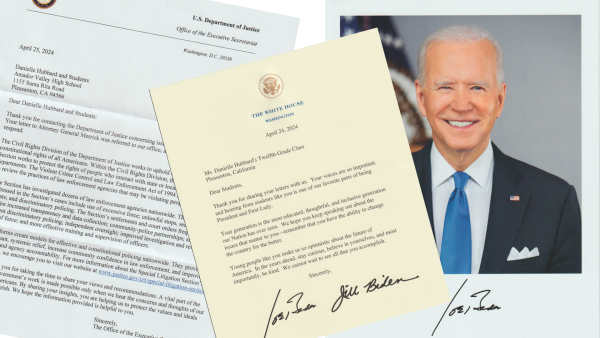

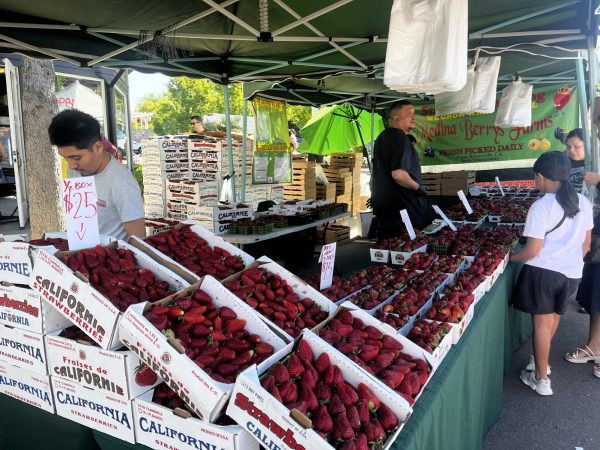


![The outgoing EICs [left to right] Zenil Koovejee, Aileen Hu, Ritika Gupta, Zaynah Shah, and Audrey Combs take a picture with journalism advisor Wendy Connelly to commemorate their last banquet.](https://www.amadorvalleytoday.org/wp-content/uploads/2024/05/458E2D9A--600x451.jpg)
